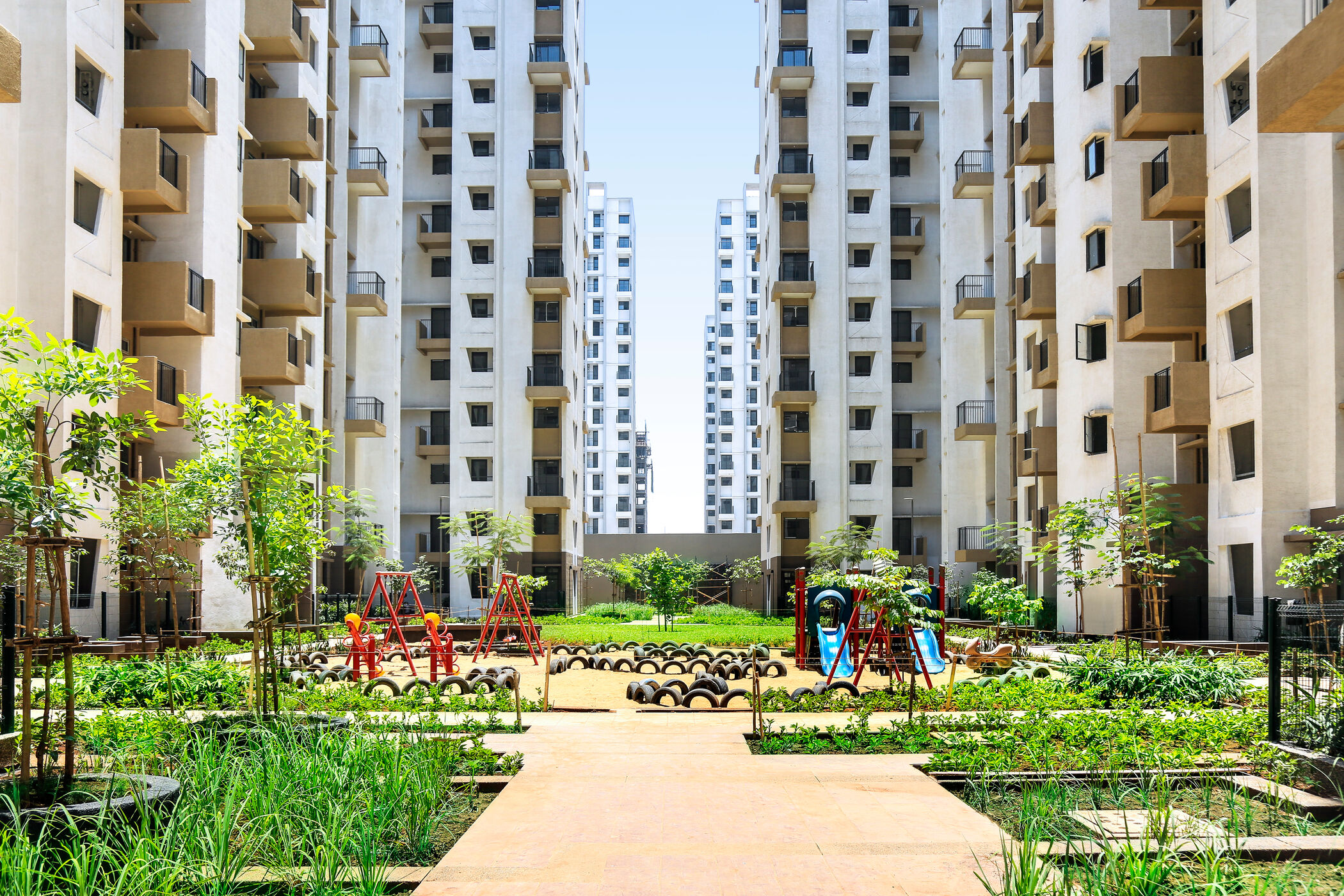Investing in People: Real Estate’s Social Responsibility Agenda
Introduction:
Greetings, I’m David Simon, a seasoned real estate expert with over two decades of experience navigating the dynamic urban landscape. In this enlightening journey, we’ll uncover how the real estate industry is investing in people through a robust social responsibility agenda. Join me as we explore community-centric projects, affordable housing initiatives, and the pivotal role of real estate in creating inclusive, thriving communities.
The Urban Challenge
As our world becomes increasingly urbanized, the challenge of social responsibility in urban development has never been more pressing. Cities are bustling centers of opportunity, yet they also grapple with issues of affordability, accessibility, and community well-being. Real estate, as a cornerstone of urban infrastructure, stands at the forefront of efforts to invest in people and create thriving, inclusive communities.
Real Estate’s Social Responsibility Agenda
Real estate’s social responsibility agenda encompasses a holistic approach that goes beyond profit margins. Let’s delve into the core elements that define real estate’s commitment to social responsibility:
1. Community-Centric Projects
Real estate developers are increasingly prioritizing community-centric projects that address the specific needs of residents. These projects aim to create spaces that promote inclusivity, foster a sense of belonging, and provide access to essential services and amenities.
2. Affordable Housing Initiatives
The real estate industry is taking proactive steps to tackle the affordable housing crisis in many urban areas. Initiatives range from subsidized housing for low-income individuals and families to innovative financing models that make homeownership more accessible.
3. Sustainability and Inclusivity
Sustainable and inclusive design principles are integrated into real estate projects. This includes creating accessible environments for people with disabilities, incorporating green spaces, and reducing the carbon footprint of developments.
The Impact of Real Estate’s Social Responsibility
The influence of real estate’s social responsibility agenda extends far and wide:
4. Inclusive Communities
Community-centric projects foster inclusive communities where diversity is celebrated, and all residents have access to essential services and opportunities.
5. Affordable Housing Solutions
Affordable housing initiatives provide housing security to those who need it most, addressing one of the most significant challenges in urban areas.
6. Sustainable and Livable Cities
Sustainability and inclusivity principles contribute to the creation of more sustainable, livable cities that prioritize the well-being of their residents.

The Path Forward: Collaboration and Innovation
Real estate’s commitment to social responsibility relies on collaboration and innovation:
7. Public-Private Partnerships
Successful social responsibility initiatives often result from collaborations between governments, private developers, and community organizations. These partnerships leverage diverse expertise and resources to address pressing social and housing challenges.
8. Innovative Financing Models
The real estate industry is exploring innovative financing models that make homeownership more attainable for a broader range of individuals and families, ensuring that everyone has a chance to invest in their future.
Expert Insights: Dr. Sarah Johnson, Social Responsibility Advocate
To gain deeper insights into real estate’s social responsibility agenda, I had the privilege of speaking with Dr. Sarah Johnson, a passionate advocate for social responsibility in urban development.
Dr. Johnson emphasized the importance of community engagement, stating, “Real estate’s social responsibility agenda should be driven by the communities it serves. Engaging with residents and understanding their unique needs is paramount to creating meaningful, positive change.”
Conclusion: Investing in Thriving, Inclusive Communities
As urbanization continues its relentless march, the real estate industry’s role in investing in people and promoting social responsibility is paramount. It’s not just about constructing buildings; it’s about building thriving, inclusive communities where every individual has a chance to prosper.
Real estate’s social responsibility agenda stands as the cornerstone of urban development in the 21st century. By embracing community-centric projects, affordable housing initiatives, and fostering innovation through collaboration, we are investing in people and ensuring that urban areas are not only economically vibrant but also socially inclusive and equitable.










